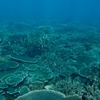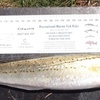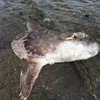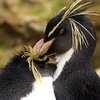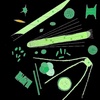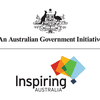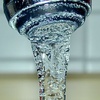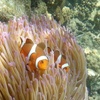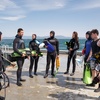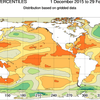
This summer’s sea temperatures were the hottest on record for Australia: here’s why
The summer of 2015-2016 was one of the hottest on record in Australia. But it has also been hot in the waters surrounding the nation: the hottest summer on record, in fact. Read the full article in the Conversation AU.


